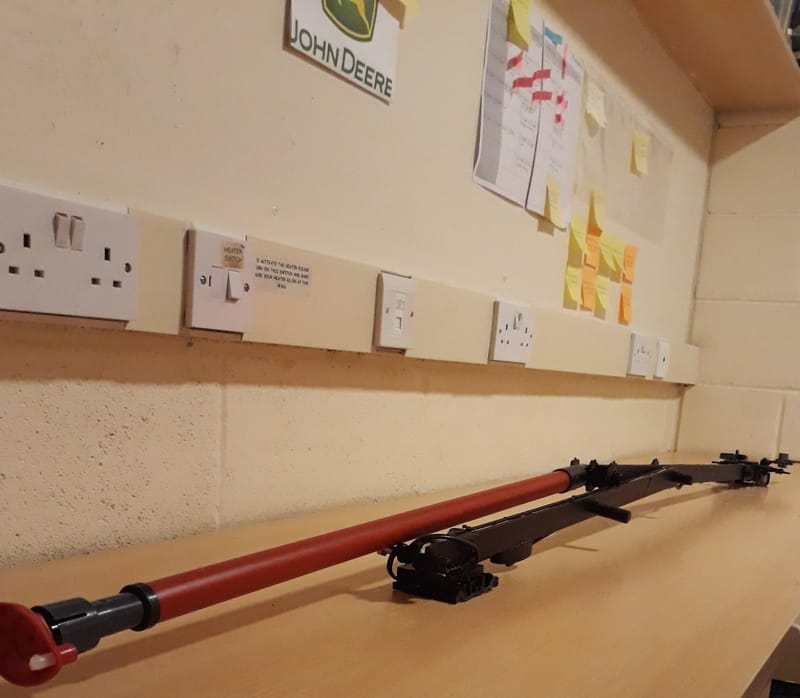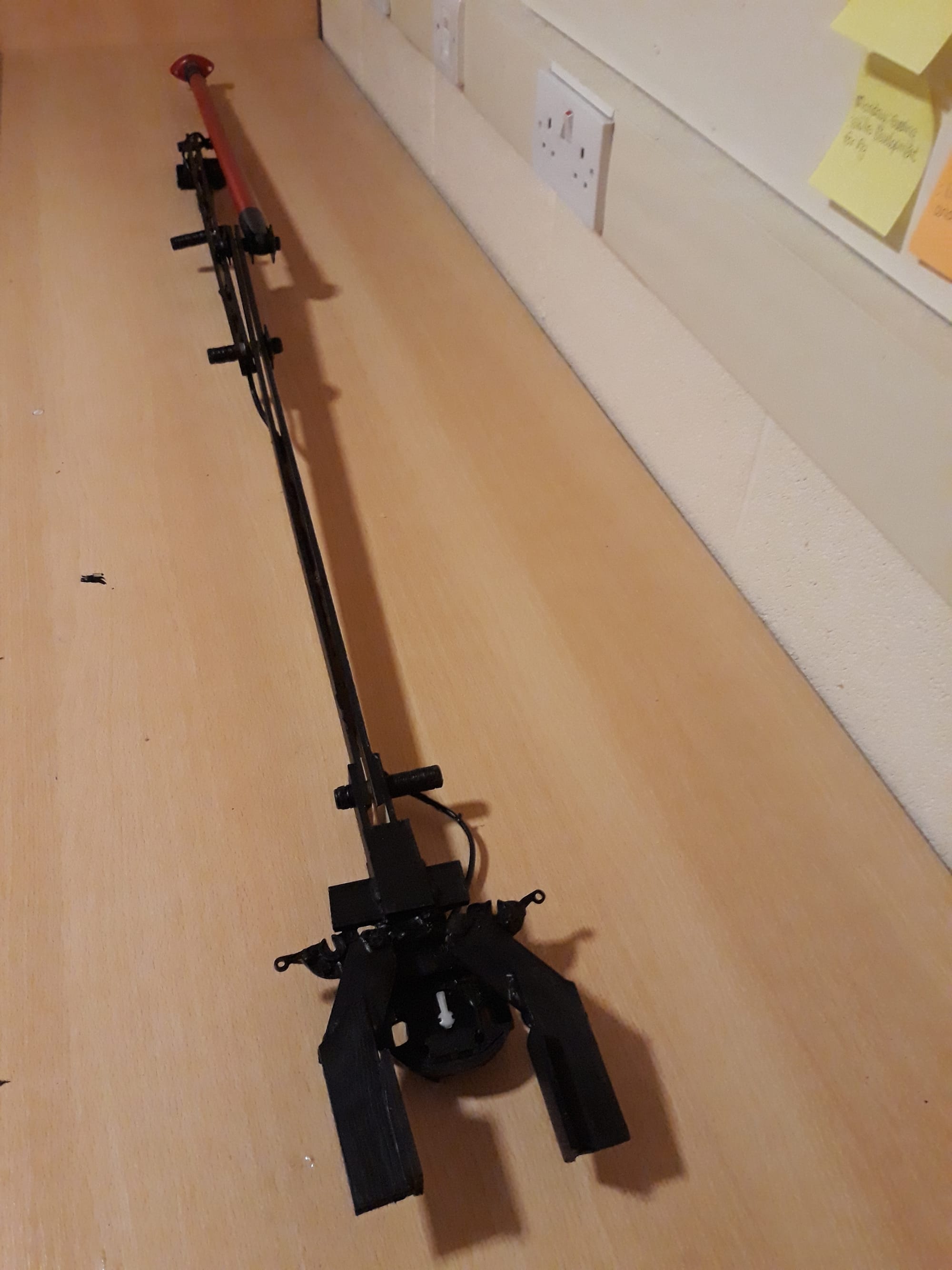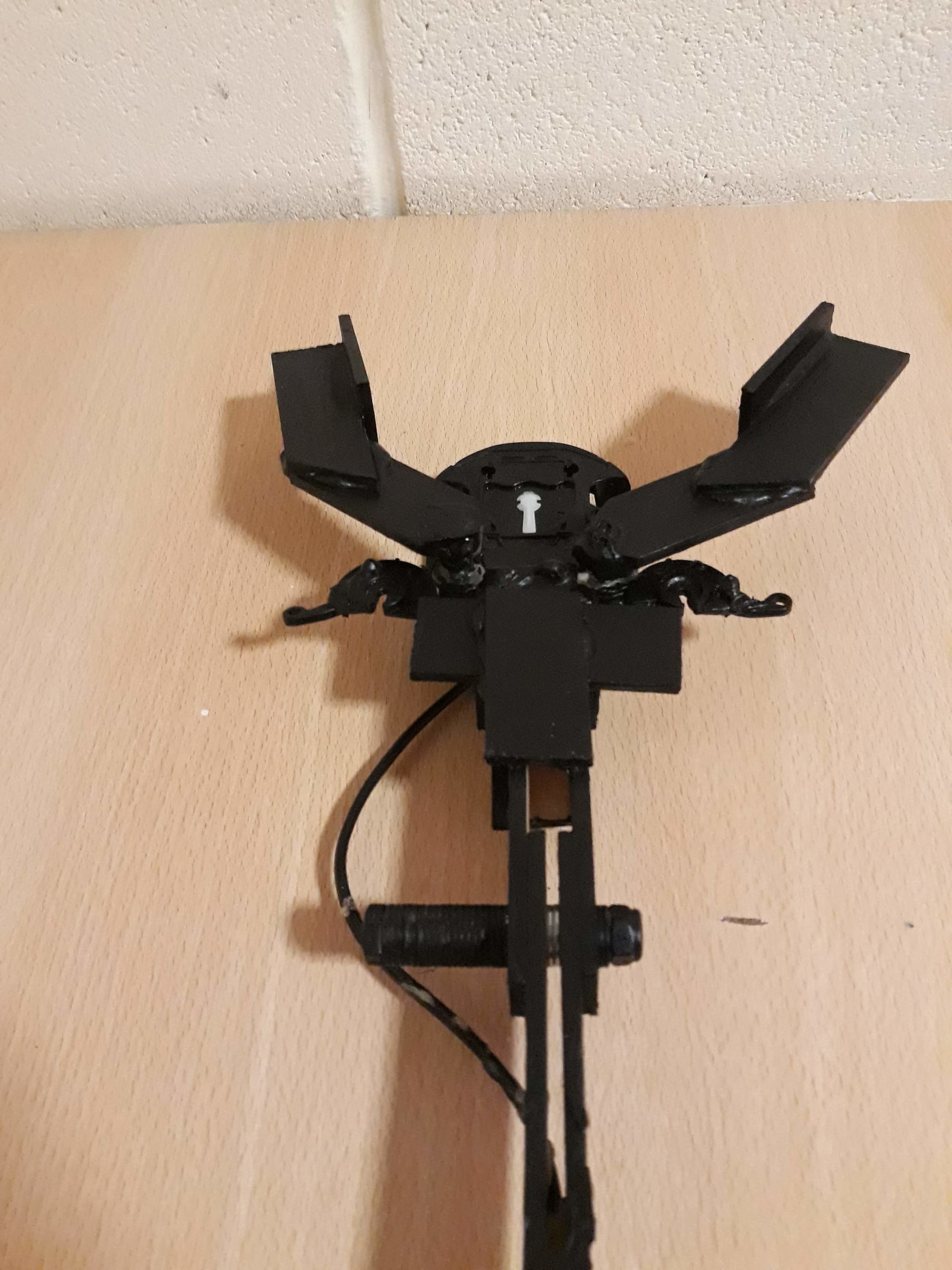Octo-ba


As of December 2017, the world population was 7.5billion as highlighted by the Department of Economic and Social Affairs in the United Nations (2017). Genetic and physical variations occur within this large global community. Others are born with conditions such as Cerebral palsy that prohibits them from walking due to stiffened muscles, and one may have undergone a leg amputation due to an accident. Others are affected by Osteoarthritis, a joint disease mainly caused by the disintegration of cartilage in joints resulting from the aging process or repetitive injury. All these citizens, both the young and elderly are then confined to using wheelchairs for life. However, for balance wheelchair seats are located close to the ground as possible. This limits the number of height related activities their users can partake.
The technology industry has done very little regarding the assistance of wheelchair users during grocery shopping. Due to this, grocery shopping has become a strenuous task for those on wheelchairs. How does one reach for a deodorant container or soap-bar on the top shelf without assistance, when their positioned height restricts them to the bottom two shelves.
 This inspired me to design
Octo-ba, a battery powered semi-robotic arm that is attached to a wheelchair to
assist wheelchair users do their grocery shopping comfortably and reach for
basic things within their homes such as butter spread forgotten on top of a fridge.
Strain and stress during shopping and around the house is reduced. Although, one
may argue that height adjustable wheelchairs are a better substitution, one of
these is valued at $2400USD, which is rather costly for the ordinary citizen. Combining
cutting edge technology and renewable material, led to the creation of a robust
design that incorporates an excellent feasible user experience at an affordable
price.
This inspired me to design
Octo-ba, a battery powered semi-robotic arm that is attached to a wheelchair to
assist wheelchair users do their grocery shopping comfortably and reach for
basic things within their homes such as butter spread forgotten on top of a fridge.
Strain and stress during shopping and around the house is reduced. Although, one
may argue that height adjustable wheelchairs are a better substitution, one of
these is valued at $2400USD, which is rather costly for the ordinary citizen. Combining
cutting edge technology and renewable material, led to the creation of a robust
design that incorporates an excellent feasible user experience at an affordable
price.



